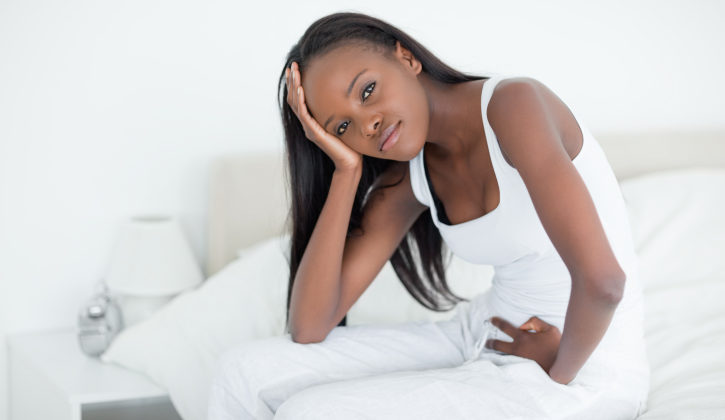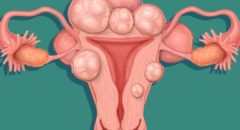
For those with uterine fibroids, pain and pain management during periods is a constant throughout their day-to-day life. Those with uterine fibroids commonly suffer from extremely painful periods that interrupt daily life.
Yet, you should not have to give up parts of your fulfilling life because of pain.
Below are some tips to consider when trying to alleviate pain from painful periods.
Remember that while some remedies may work, others may not - and that’s okay! All bodies are different; so a remedy that works for you, may not work for others.
Traditional Medical Interventions:
The most common place to start is with pain relievers. Doctors typically suggest ibuprofen or naproxen (commonly known as Advil and Aleve). These anti-inflammatory drugs help alleviate pain and can decrease bleeding.
An alternative is to consider some type of hormonal birth control. Doctors can also prescribe stronger dosages if OTC medications are not effective for you. As always, consult with your doctor about what medications you are currently taking and what side effects to expect.
The pill, patch, ring, or an IUD are birth control options that produce hormones in the body to lighten periods, alleviate painful side effects, and regulate your period. This is an accessible option for those looking to better regulate their cycle and reduce pain.
Talk with your PCP, OB/GYN, or visit a local reproductive health center to explore what options are right for you.
Lifestyle Changes
Alleviating pain is not just a one-off effort. You can change activities in your daily life to help prevent period pain.
The first tip is to stay active. It’s important to get active before your period comes. Waiting until it arrives will discourage you from getting movement in while you’re in pain.
Try to fit in 30 minutes of moderate exercise at least three times a week. This can include your walking commute to work, walking the dog around the neighborhood, or exploring trails around you with friends and family.
Try meeting new people by joining a Zumba or Pilates class. Compete with yourself by taking up running or strength training. Get some inspiration from what’s around you and move your body in whatever way is fun (but challenging) for you.
Another lifestyle change is the way you eat or your diet. Consider reducing your consumption of red and processed meats, high-fat dairy products, caffeine, and alcohol.
There are anecdotes that suggest that a plant-based diet can help reduce pain and the size of fibroids. The change does not have to be overnight.
Try eating plant-based the week before your period and avoiding substantial amounts of caffeine and alcohol.
If you are not already tracking your period, start tracking it and also note any symptoms/pain that you feel throughout the month. If you notice less pain, consider incorporating plant-based meals in your weekly meal plan.
Alternative Therapies
Finally, there are alternative therapies that can deal with pain both in the long term and short term.
Heating pads are a savior for all types of pain. Invest in a good heating pad that you can put on your lower abdomen, legs, or lower back when the pain gets severe. Lay down with the heating pad for 15 to 30 minutes at a time.
Another remedy to consider is CBD products. CBD is popularly used for pain management and relaxation. You can find CBD in various forms like lotions, oils, vapors, or bath bombs. Products like lotions and oils allow you to cover the affected spot directly for more focused pain relief.
If CBD is not the right remedy for you, look into acupuncture and massage for relaxation and comfort. Acupuncture is an ancient Chinese medicine that works by channeling energy throughout the body.
Although acupuncture departs from western medicine, much success has been found by acupuncture patients for a diverse array of conditions.
Massage therapy can relax the muscles, especially helpful for the muscles that typically cramp during periods. While these are less economical therapies, indulging in these treatments once or twice a month can help to relieve pain and loosen the body.
While most remedies do not work to shrink fibroids, all of these options can be used to relieve pain and allow you to live a more fulfilling life without interruption.
Mix and match these suggestions to find what works for you. You may find that some of these remedies can help with various areas of your life!
These may be helpful:








